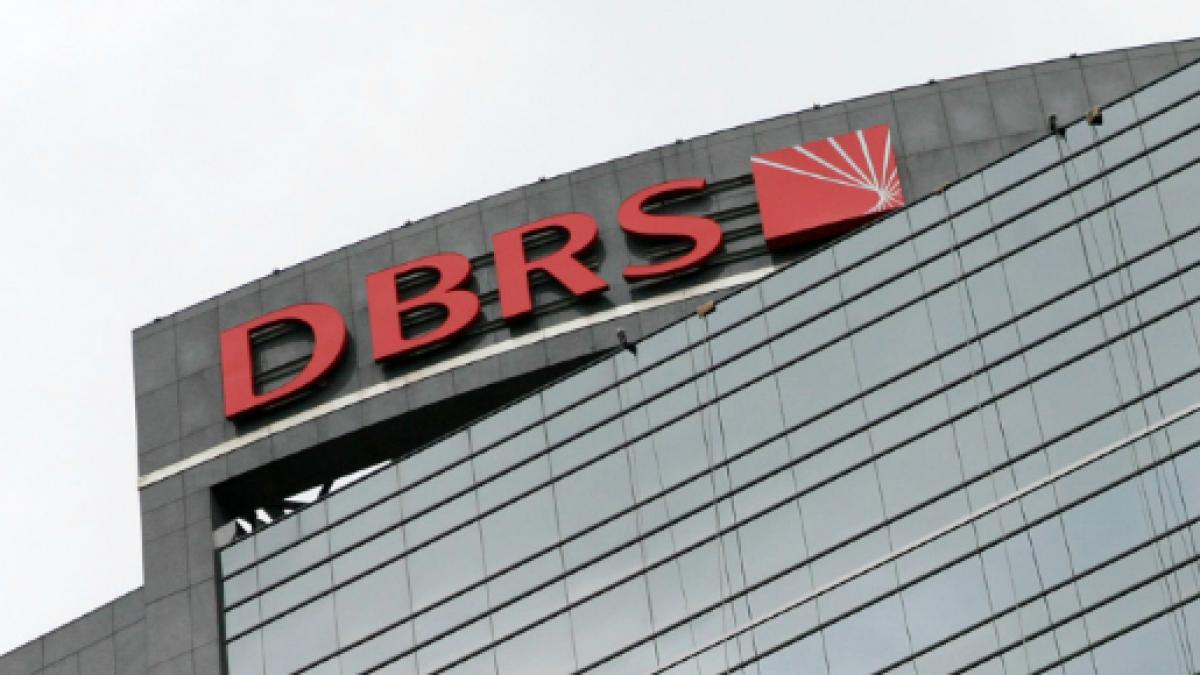“I am pleased to note the credit rating agency DBRS acknowledging that Malta’s current public finance position and debt dynamics provide the government valuable room to support the economy in the event of a negative shock. Reducing the debt burden and creating a fiscal buffer in case of need has been and will remain the government’s fiscal priority,” said Minister for Finance and Financial Services Edward Scicluna, following the publication of DBRS’ credit rating report affirming Malta’s rating at ‘A’ (High) with a stable trend.

The report can be considered as the second positive credit rating report at the beginning of this year, following that of Fitch.
PRESS RELEASE BY THE MINISTRY FOR FINANCE AND FINANCIAL SERVICES
Malta’s extremely strong economic performance and its increasingly diversified economy coupled with the improvement in public finances were the key rating drivers. Indeed, DBRS describes Malta’s economic performance between 2013 and 2019 as remarkable noting that the Maltese economy grew on average by 7.0 per cent. This has allowed Malta to reduce the GDP per capita gap with the EU. DBRS notes that growth has been broad-based with outward-facing sectors such as tourism, gaming, financial, and business services being key to the expansion. A highly elastic foreign labour supply, increasing women and older worker participation rates, and a rising share of less capital-intensive service sectors have prevented overheating pressures.
DBRS also acknowledges the improvement to public finances as a result of fiscal prudence and strong growth. Despite a weaker external backdrop and the recent political turbulence, DBRS expects Malta to continue to grow at a solid pace and to continue posting fiscal surpluses in the coming years.
DBRS notes that the general government budget balance as a percentage of GDP switched to an average surplus of 2.1 per cent for 2016 to 2018 from an average deficit of 2.7 percent for 2004 to 2015. Since 2016, Malta’s budgetary surpluses have been both in nominal and structural terms. The report notes that the debt-to-GDP ratio in 2019 is expected to be one of the lowest in the EU.
DBRS notes that government initiatives, such as the gradual lengthening of retirement ages, longer contribution periods, and incentives to deter retirement, have been measured in the right direction toward pension sustainability.
On Malta’s external trade, DBRS notes that Malta’s external position continues to strengthen, led by fast-growing service sector exports.
DBRS acknowledges that the Maltese financial system remains sound, underpinned by its conservative core banks’ healthy levels of capitalisation, liquidity and profitability. It also notes favourably that Malta has been implementing the measures included in its AML/CFT strategic plan (2018-2020), such as strengthening the financial supervisors, establishing a new asset recovery unit, and boosting the investigation and prosecution of financial crimes efforts.
Saturday 1st February 2020
